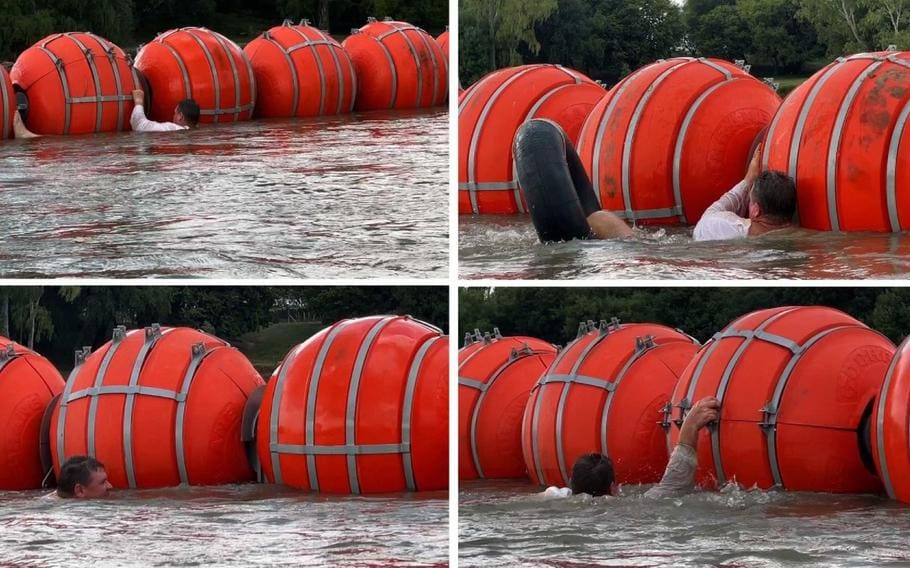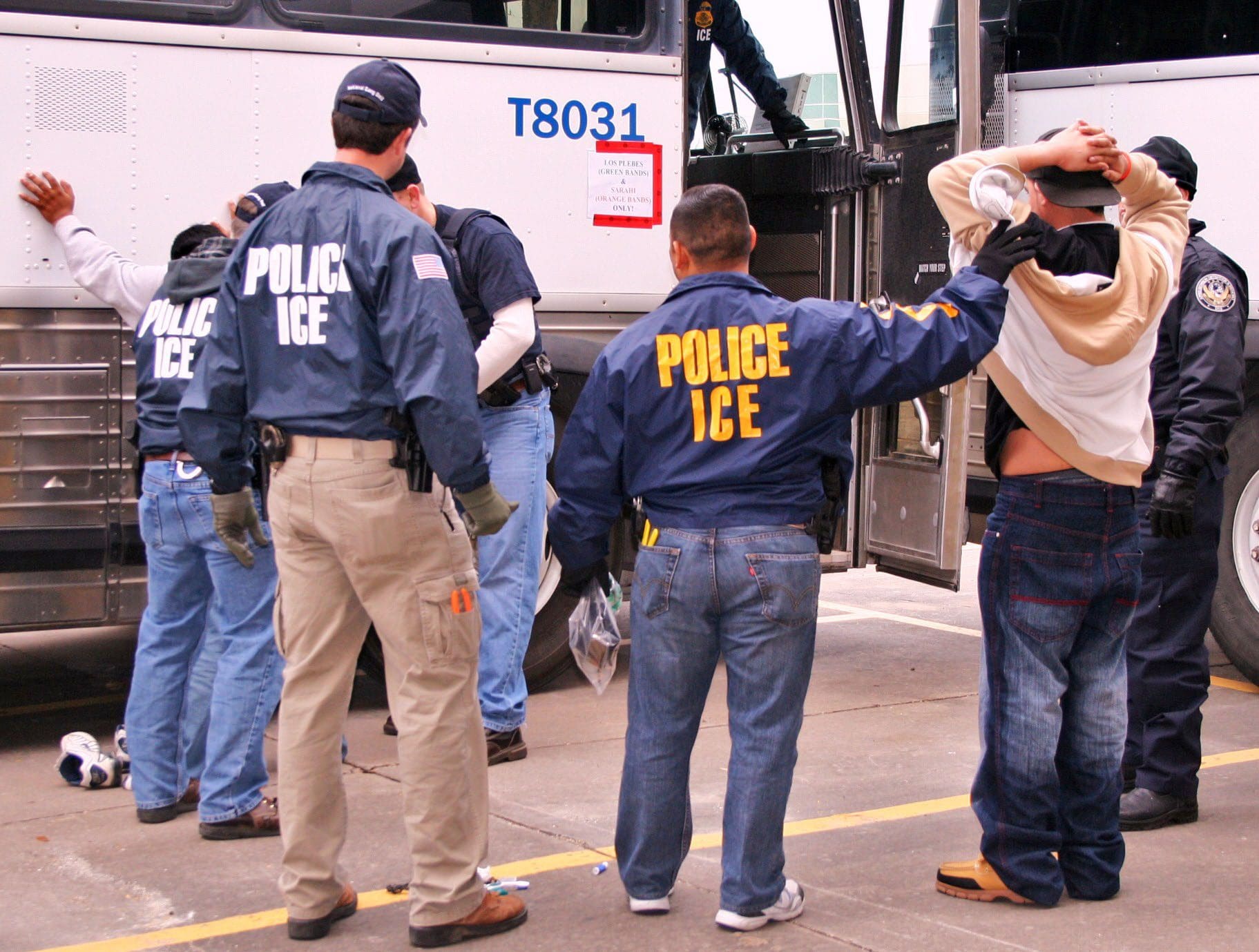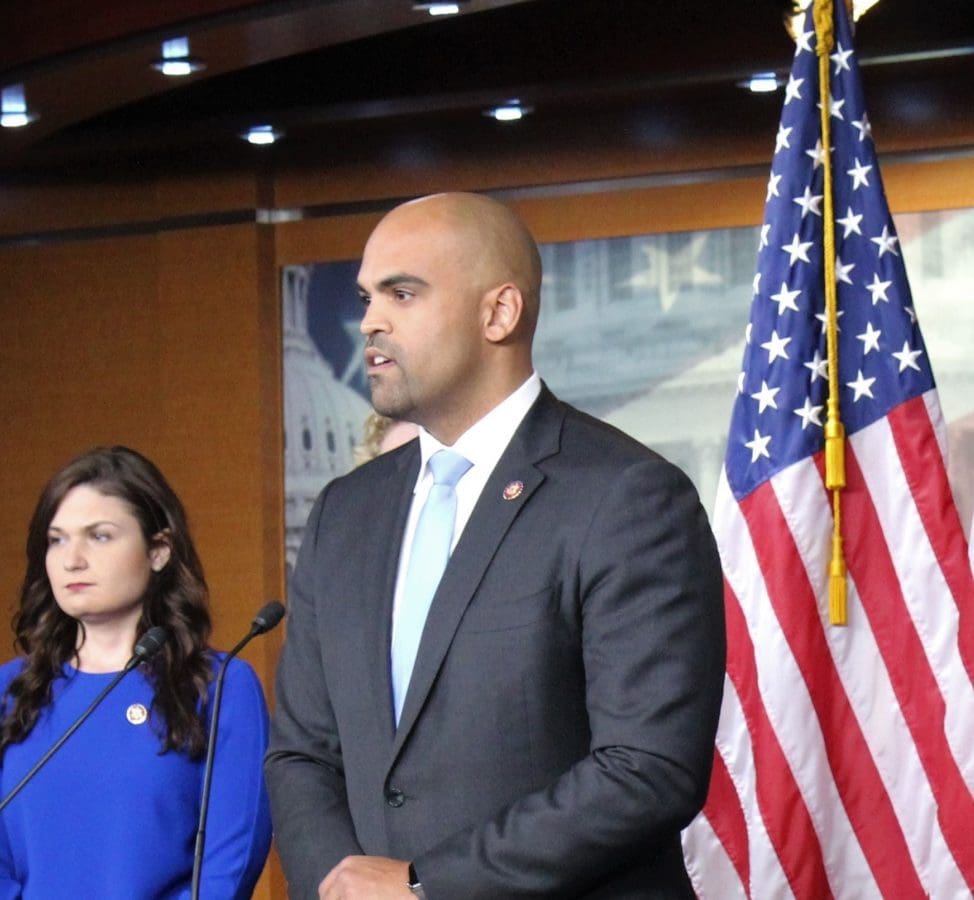Texas Gov. Greg Abbott is facing another challenge against his border buoy barrier, which was created to block illegal aliens from swimming across the Rio Grande River between official ports of entry.
Last month, Mexico’s incoming secretary of foreign affairs, Alicia Bárcena, sent a diplomatic letter to the U.S. government raising concerns about the buoys. She recently told reporters in Mexico City that the barriers may violate a 1944 treaty between the two countries.
In 1944 both countries signed the Mexico-U.S. Water Treaty, which gave Mexico the rights to water territory along the Rio Grande, Colorado, and Tijuana rivers.
Bárcena said Mexico will conduct “a mission, a territorial inspection,” to perform a topographical survey along the buoy barrier to confirm that Abbott’s buoys “do not cross into Mexican territory.”
Abbott announced last month that the Texas Department of Public Safety and the Texas National Guard would install a “marine barrier” consisting of a string of buoys to discourage illegal aliens from crossing the Rio Grande River.
In an appearance on Fox News, Texas DPS spokesperson Lt. Chris Olivarez claimed the buoys would save lives, saying, “The river is very dangerous. So now, having this marine barrier in place will deter any unlawful crossings, will prevent drownings, and prevent human smugglers from bringing people into the country illegally.”
Shortly after the barrier’s installation began, an Eagle Pass business owner filed a lawsuit against Abbott, the State of Texas, and the Texas Department of Public Safety, asking a judge to halt construction.
Epi’s Canoe & Kayak Team owner Jesse Fuentes claimed that extensive media coverage and installation of the buoy barrier led customers to cancel kayak events and would cause long-term “imminent and irreparable harm” to his business.
Fuentes is a member of the Eagle Pass Border Coalition, an organization founded to oppose border wall measures. The coalition hosted a protest against the buoys during their installation.
Abbott responded to the lawsuit on social media, saying, “We will see you in court. And don’t think the Travis Co. Court will be the end of it. This is going to the Supreme Court. Texas has a constitutional right to secure our border.”
However, a U.S. State Department spokesperson said Texas “did not consult with the U.S. federal government before installing the buoys or constructing the barriers.”
The spokesperson told Texas Scorecard that the state failed to inform the U.S. International Boundary and Water Commission of the buoy initiative.
USIBWC has informed the Texas Department of Public Safety of the need to submit information and apply for permits to place structures on USIBWC-controlled land (land owned by USIBWC or where the agency has the right of way or easements). Additionally, USIBWC has informed Texas officials of the requirement to provide information about structures placed in the Rio Grande floodplain so USIBWC can review the structures for compliance with U.S.-Mexico treaties, in particular, whether the construction would obstruct or deflect Rio Grande flows.
“To date, Texas officials have not responded to USIBWC’s requests,” said the spokesperson.
No ads. No paywalls. No government grants. No corporate masters.
Just real news for real Texans.
Support Texas Scorecard to keep it that way!





